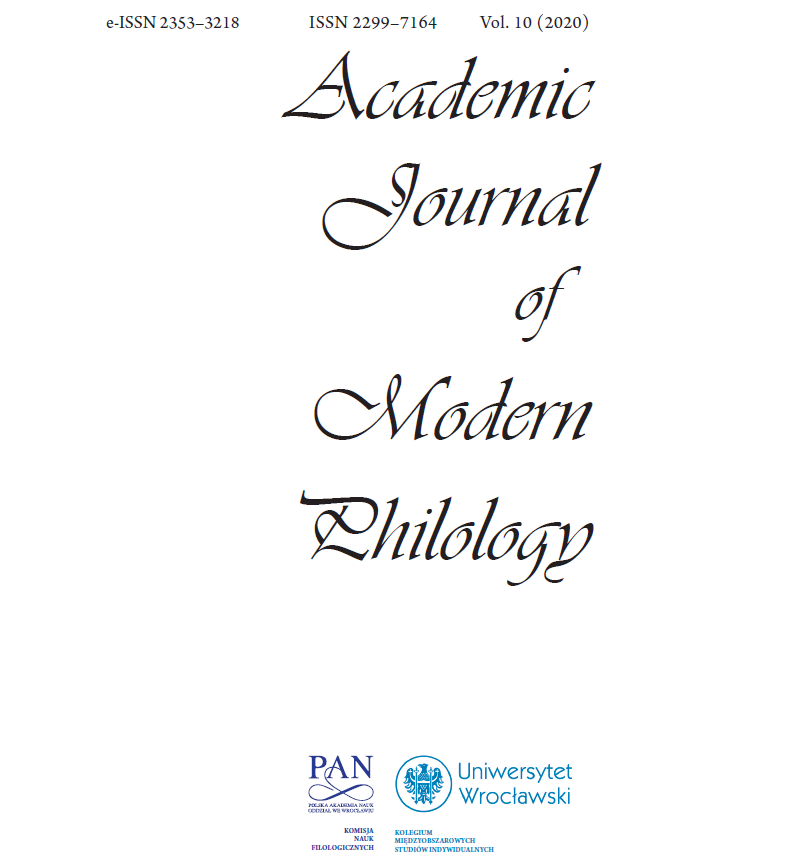A Gnostic in the Garden: Myth and Religion in Louise Glück’s Poem
A Gnostic in the Garden: Myth and Religion in Louise Glück’s Poem
Author(s): Piotr ZazulaSubject(s): Language and Literature Studies, Literary Texts, Poetry, Theory of Literature, American Literature
Published by: Komisja Nauk Filologicznych Oddziału Polskiej Akademii Nauk we Wrocławiu
Keywords: Bible; Louise Glück; Gnosticism; intertextuality; loss; motherhood; myth; nostalgia; poetry; transpersonal perspective
Summary/Abstract: Louise Glück repeatedly refers to the Bible and classical mythology, even when writing about poignantly personal issues. Far from being mere high-brow literary embellishments, these cultural quotes and intertextual analogs testify to Glück’s consistent attempt to transcend the traditionally personalist scope of lyric poetry. Such a resolutely transpersonal perspective is particularly discernible in her poems dealing with broadly-conceived religious themes, especially that of cultivating the postlapsarian, modern analog of the Biblical Garden of Eden. In A Village Life(2009), for example, the ontological possibility of transcendence is alternately hinted at and questioned, with the poet inhabiting a transition zone between doubt and faith as a questioning believer, so to speak. In the much-earlier The Wild Iris (1992), the axiological status of God is explored in highly unorthodox ways, the poems’ speakers undermining many established images of God in Christian and Jewish traditions. Arguably, what the two volumes share is their Gnostic imagery, purposely veiled in A Village Life and more explicit in The Wild Iris. Already present in Firstborn (1968), Gnostic undertones can also be found in other volumes, e.g. The House on Marshland (1975) and Descending Figure (1980). Iconoclastic and transgressive, Glück’s poems often expose a destructive facet of transcendence or feature some kind of charge against God, explicit or implicit. The Creator for the most part remains irritatingly silent, with the poet constantly bringing this up—sometimes in a tongue-in-cheek, sometimes in a deadly serious manner. A virtuoso of register shifts, Louise Glück plays cat and mouse with the reader, evading any closures. Her personal creed remains a riddle
Journal: Academic Journal of Modern Philology
- Issue Year: 2020
- Issue No: 10
- Page Range: 255-268
- Page Count: 14
- Language: English

